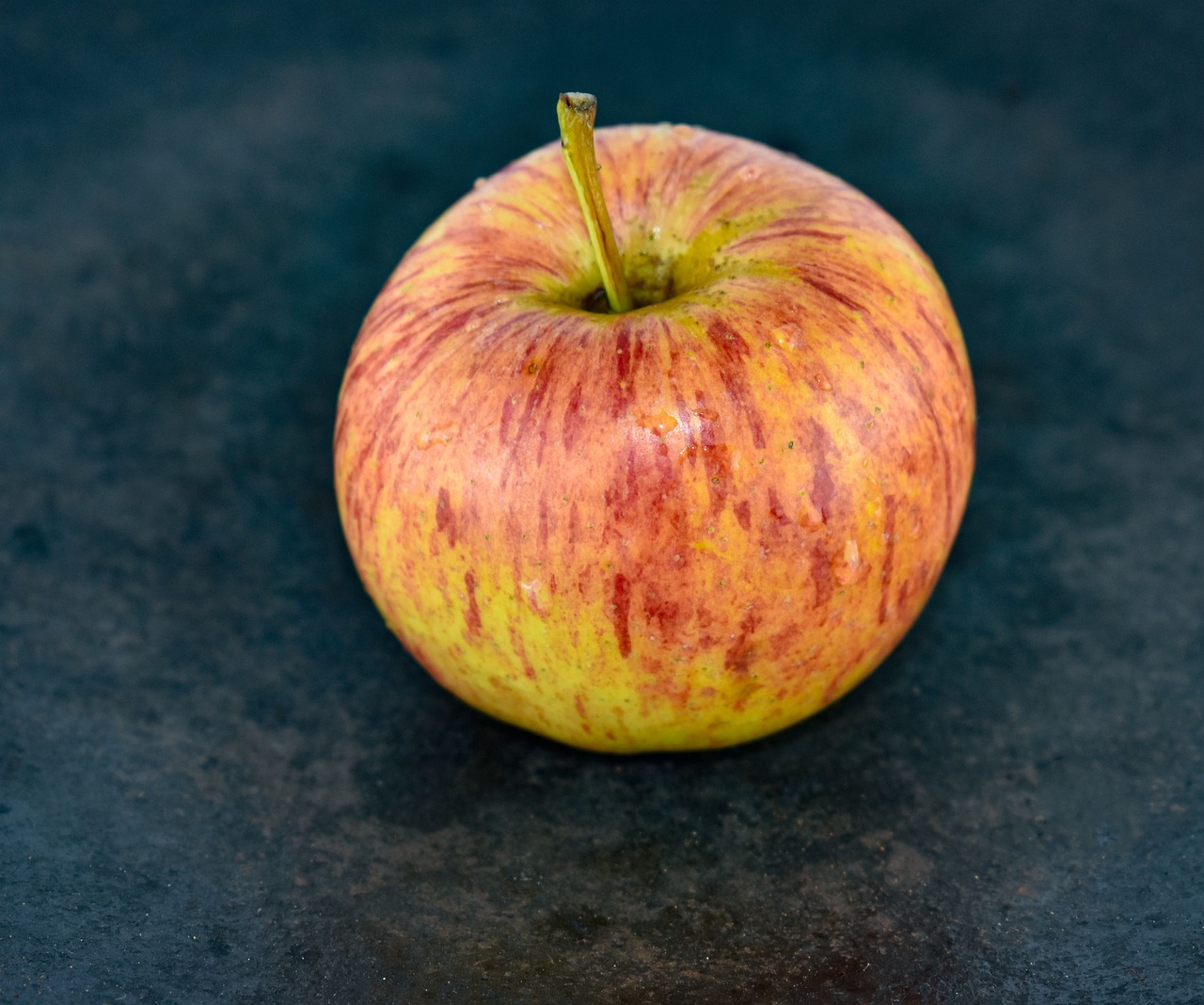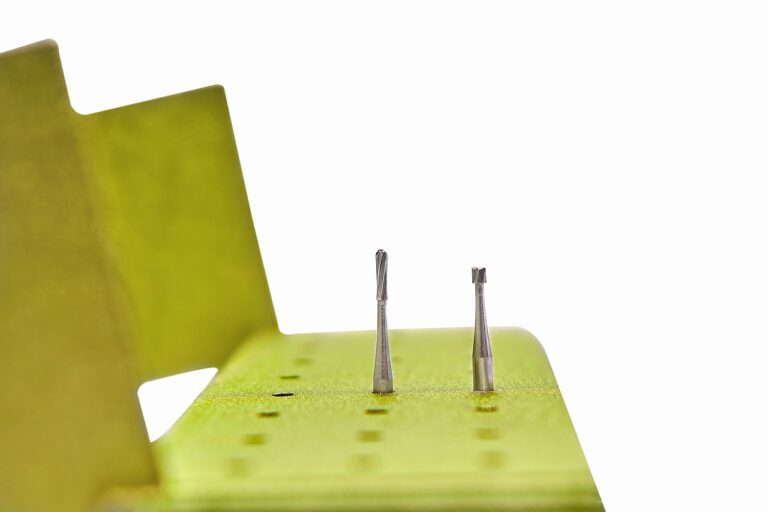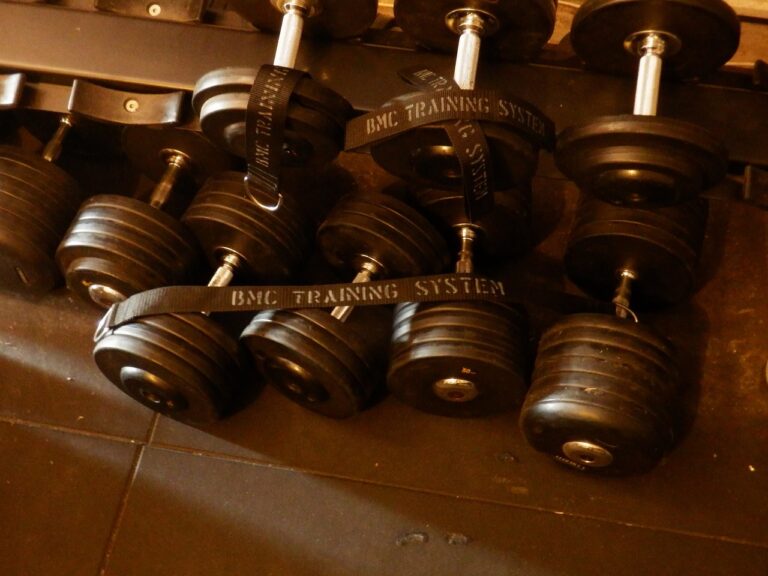Academic Conferences and Presentations: Opportunities for Graduate Students
11xplay reddy, laser 247 betting, skylivecasino: Academic conferences and presentations offer valuable opportunities for graduate students to showcase their research, network with peers and professionals, and gain valuable experience in presenting their work. These events provide a platform for students to share their findings, receive feedback, and engage in academic discourse with fellow researchers. In this blog post, we will explore the benefits of participating in academic conferences and presentations and offer tips on how graduate students can make the most of these opportunities.
Why Should Graduate Students Attend Academic Conferences and Presentations?
1. Networking: Academic conferences and presentations bring together researchers and professionals from various disciplines, providing ample networking opportunities for graduate students. By attending these events, students can connect with experts in their field, establish new collaborations, and build relationships that may lead to future research opportunities or job prospects.
2. Skill development: Presenting research at an academic conference or presentation can help graduate students develop essential skills such as public speaking, critical thinking, and research communication. These experiences can boost students’ confidence, improve their ability to articulate complex ideas, and enhance their overall academic and professional development.
3. Exposure: Academic conferences and presentations offer graduate students a platform to showcase their research and gain exposure within their academic community. Presenting at these events can help students attract attention to their work, receive valuable feedback from peers and experts, and increase the visibility of their research within their field.
4. Academic recognition: Presenting research at academic conferences and presentations can also lead to academic recognition and opportunities for publication. Many conferences offer the chance to publish papers in conference proceedings or submit extended versions of conference presentations to academic journals, providing students with a valuable outlet to share their research with a wider audience.
Tips for Graduate Students Attending Academic Conferences and Presentations
1. Prepare in advance: Before attending an academic conference or presentation, graduate students should thoroughly prepare by reviewing the conference program, familiarizing themselves with the schedule, and identifying sessions or topics of interest. Students should also practice their presentation and anticipate potential questions or feedback from the audience.
2. Engage with others: Networking is an essential aspect of academic conferences and presentations. Graduate students should actively engage with other attendees, ask questions during sessions, participate in panel discussions, and seek out opportunities to connect with experts in their field. Building relationships with peers and professionals can lead to valuable collaborations and future research opportunities.
3. Seek feedback: Presenting research at an academic conference or presentation provides an opportunity for graduate students to receive feedback on their work from peers and experts. Students should welcome constructive criticism, listen carefully to suggestions for improvement, and use feedback to refine their research and presentation skills.
4. Stay organized: Academic conferences and presentations can be busy and overwhelming, with multiple sessions, workshops, and networking events taking place simultaneously. Graduate students should stay organized by creating a schedule, setting goals for the conference, and prioritizing sessions or activities that align with their research interests and career goals.
5. Follow up: After attending an academic conference or presentation, graduate students should follow up with any contacts they made, send thank-you notes to presenters or panelists they interacted with, and stay connected with peers and professionals they met during the event. Building and maintaining relationships with colleagues in their field can lead to future collaborations and opportunities for academic and professional growth.
6. Reflect on the experience: Finally, graduate students should take time to reflect on their experience attending an academic conference or presentation. What did they learn? What could they improve upon for future events? Reflecting on the experience can help students identify areas for growth, set goals for their academic and professional development, and make the most of future opportunities.
FAQs
Q: How can graduate students find academic conferences and presentations to attend?
A: Graduate students can search for academic conferences and presentations in their field by browsing conference websites, checking professional organizations’ event listings, and networking with colleagues and professors who may recommend relevant events.
Q: Can graduate students present at academic conferences as co-authors on research papers?
A: Yes, graduate students can present research at academic conferences as co-authors on research papers, provided they have contributed significantly to the research and are listed as authors on the paper or presentation.
Q: What types of presentations are typically featured at academic conferences?
A: Academic conferences may include various types of presentations, such as oral presentations, poster presentations, panel discussions, workshops, and keynote speeches. Students can choose the format that best suits their research and communication style.
In conclusion, academic conferences and presentations offer valuable opportunities for graduate students to showcase their research, network with peers and professionals, and gain experience in presenting their work. By attending these events, students can enhance their skills, increase their visibility within their academic community, and establish connections that may lead to future research collaborations and career opportunities. With careful preparation, active engagement, and a willingness to seek feedback and follow up with contacts, graduate students can make the most of academic conferences and presentations to further their academic and professional development.







